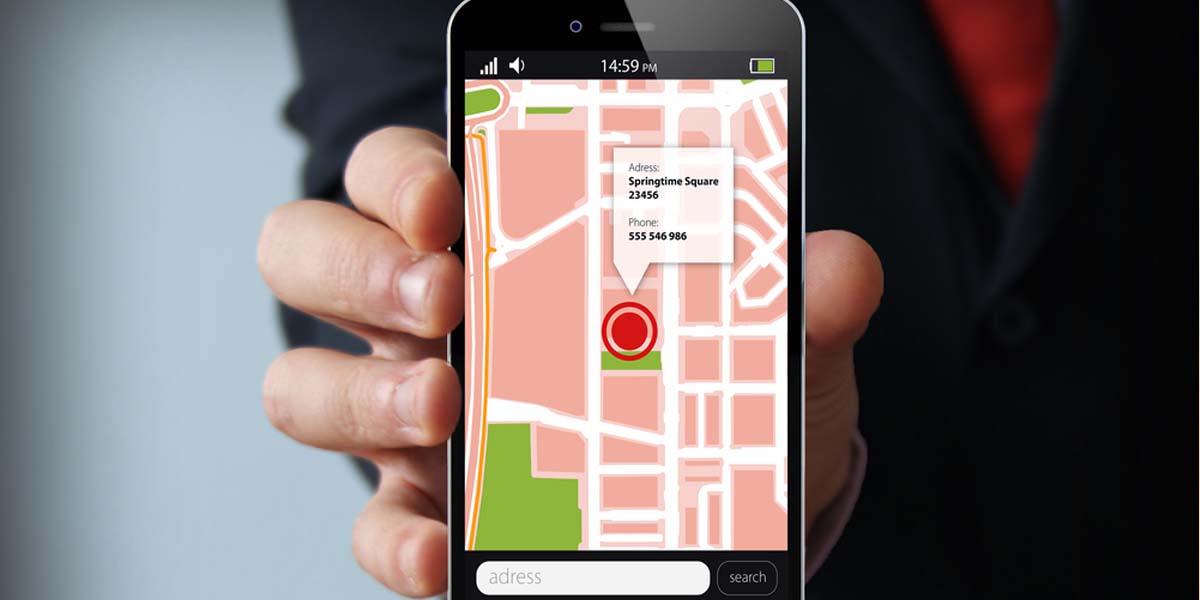Outrageous actions stemming from U.S. Democratic party leaders in the past few weeks show just how upset they are at President Trump’s political wins with the fall midterm elections getting closer and closer. The new message from the left is intolerance for anyone associated with the Trump administration, particularly his Cabinet employees. The liberal message has become quite loud and very clear: Dems have been exhorted to heckle and harass the political opposition wherever and whenever anyone encounters them in public. Stephanie Wilkinson, who owns the Red Hen restaurant, refused…
Read MoreCategory: America Great Again
Trump’s Twitter is a Campaign Megaphone
Gov. Henry McMaster’s name appeared on the president’s Twitter feed no fewer than 10 times in the month leading up to his renomination victory in South Carolina Tuesday night, with an 11th tweet late that night to congratulate him on his “BIG election win.” That high-level endorsement from the president was sent to his more than 50 million Twitter followers – 10 times the population of South Carolina. It’s no surprise that Trump uses Twitter, his preferred method of unfettered communication, as a megaphone for GOP candidates running in 2018. While the…
Read MoreZuckerberg is Burning Through Congress’s Last Ounce of Goodwill
Mark Zuckerberg’s congressional face-off in April was not nearly the grilling that some had anticipated. Up against lawmakers who seemed to have only a passing knowledge of Facebook’s inner workings, the famously uncharismatic C.E.O. managed to turn the hearings on their heads. In the end, he emerged largely unscathed, spouting the usual pledges to do better. But in the past week, new reports have emerged showing that Zuckerberg failed to mention some of Facebook’s more questionable data-sharing practices to Congress, throwing Facebook back into purgatory just as it was beginning to claw…
Read MoreHORIST: Real America versus media America
One has to ask just what world do our politicians and news media folks live in? The news industry is largely a one-way communication. They report what they consider the most important events of the day and tell us how we should think about those events – the latter of which takes up the vast majority of the radio/television time and most of the column inches in the print media. If I considered media to be an accurate reflection of our American culture and society, I would not like us…
Read MoreSupreme Court Rules Warrant Needed to Track Cell Phone Location Data
Late last week, the U.S. Supreme Court ruled that government officials have to obtain a warrant in order to track an individual’s location data via cell phone records over an extended period of time. “In the 5-4 ruling, the court said police generally need a court-approved warrant to get access to the data, setting a higher legal hurdle than previously existed under federal law. The court said obtaining such data without a warrant from wireless carriers, as police routinely do, amounts to an unreasonable search and seizure under the U.S.…
Read MoreMost voters blame parents, not government, for child border separations
A majority of voters blame the parents of children who are separated at the border for the current illegal immigration crisis — not the federal government, according to a new survey. The results give an interesting look into how people feel about who is ultimately responsible for the immigration debacle, which is now playing out on television screens around the world. When families are arrested and separated after attempting to enter the United States illegally, 54 percent of likely U.S. voters say the parents are more to blame for breaking…
Read More





